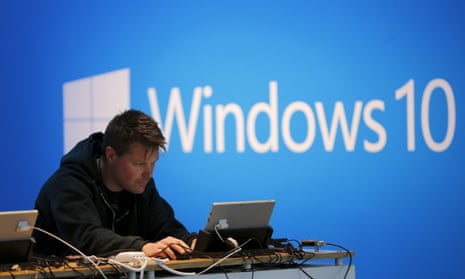Windows 10 will be the last major release of Microsoft’s venerable operating system, according to a development executive at the firm.
Once the new version is released this summer, future updates will come in an “ongoing manner”, the company confirmed.
Speaking at Microsoft’s Ignite conference in Chicago, developer evangelist Jerry Nixon said: “Right now we’re releasing Windows 10, and because Windows 10 is the last version of Windows, we’re all still working on Windows 10.”
The future will be one of “Windows as a service”, with the final release of Windows 10 being updated as necessary, rather than holding features back for the next major paid-for update.
“Recent comments at Ignite about Windows 10 are reflective of the way Windows will be delivered as a service, bringing new innovations and updates in an ongoing manner, with continuous value for our consumer and business customers,” the company told the Verge in a statement.
In the future, Windows could be updated more like Mac OS X, with small, free updates periodically, or even like Google’s Chrome browser, which updates almost weekly with barely any user intervention.
But large feature additions will still come, even if the operating system name doesn’t change when they do. One of the flagship features of Windows 10 will be total unification between desktop and mobile operating systems, but – at least at launch – only desktop devices will actually be supported. Windows 10 on mobile devices, to say nothing of other supported platforms such as Xbox and HoloLens, will come some time later, the company says.

Comments (…)
Sign in or create your Guardian account to join the discussion